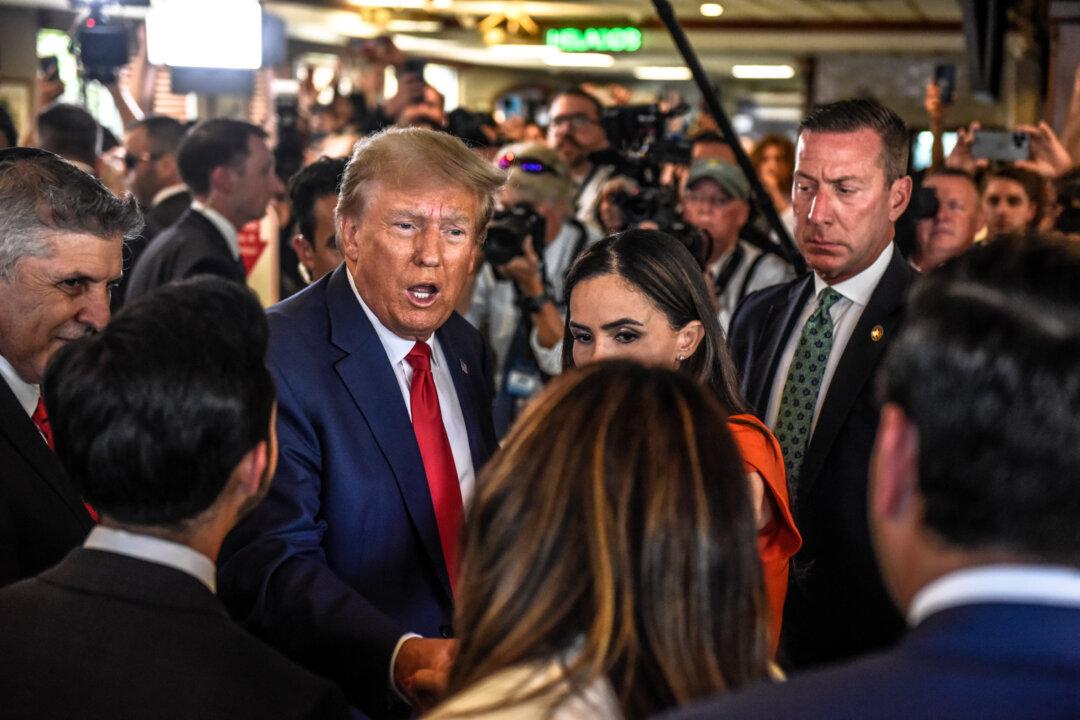News Analysis
Big-name politicians—such as former President Donald Trump, President Joe Biden, and their rivals—are jockeying for positions amid a media landscape that looks a lot like the Wild West lately.

Big-name politicians—such as former President Donald Trump, President Joe Biden, and their rivals—are jockeying for positions amid a media landscape that looks a lot like the Wild West lately.